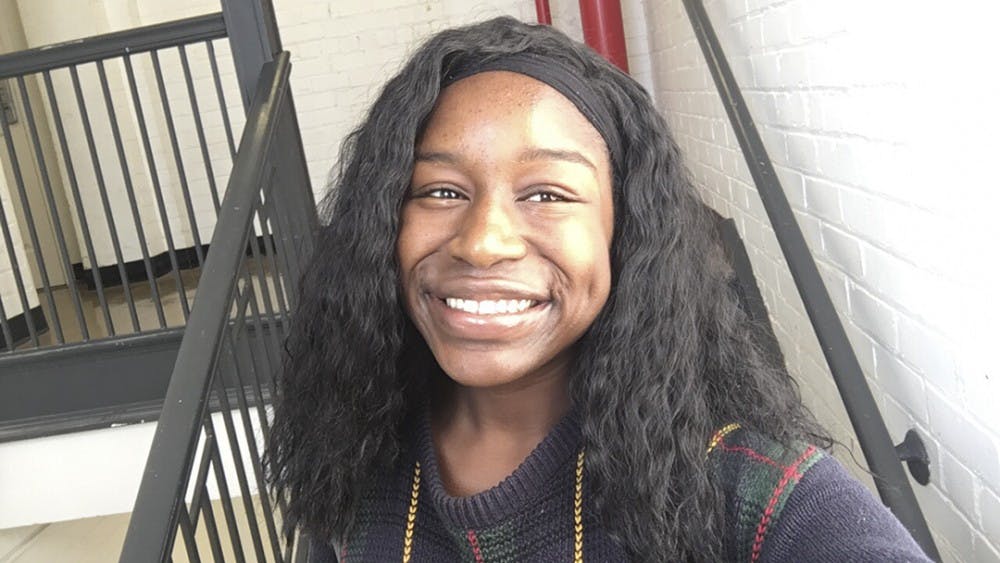If Sen. Lindsey Graham's memories of President Trump's comments during an immigration deal discussion are accurate, Ngozi Chukwueke is not what the White House has in mind when picturing the results of African immigration to the United States.
A second-year hospitality management student, Chukwueke grew up in Georgia. Her father works as a nurse at a VA hospital in Greater Atlanta while her mother is finishing a psychiatry dissertation at Columbia University. Both immigrated to the United States from Nigeria to attend medical school.
And both, Chukwueke says, are instrumental in her success at school.
“My parents just really instilled in me that it was important to do really well at whatever it was I was trying to do,” Chukwueke said. “It’s not, like, inherent pressure, but they are very, very insistent that I do my best at school.”
Reporting earlier this month on the education of Nigerian Americans, the Houston Chronicle pulled data from a 2006 survey conducted by the Census Bureau. The survey found that 37 percent of Nigerian Americans held bachelor’s degrees, while 17 percent held master’s degrees and 4 percent held doctorates. Comparatively, about 19 percent of white Americans surveyed held bachelor’s degrees and only 1 percent held doctorates.
Tyler Cowen of Bloomberg echoed this in a Jan. 12 editorial, citing a Migration Policy Institute article that showed 41.7 percent of African-born immigrants to the United States held a bachelor’s degree or higher in 2009. In comparison, 28.1 percent of native-born Americans and 26.8 percent of all foreign-born Americans held a bachelor’s or more at the time.
Chukwueke began in Gamecock Gateway before transferring to USC’s Columbia campus. Though having grown up in a predominantly white town and describing USC as “more of that,” Chukwueke says she has seen good promotion of African culture through the Pan-African Students Association.
“It’s been really nice,” Chukwueke said. “It’s really fun to see … people engaging in black culture in general on campus.”
The status of Africans in the United States re-entered the public eye when The Washington Post reported that President Donald Trump used the phrase “shithole countries” to describe Haiti, El Salvador and African nations. The Post reported that the president hoped to see more immigration from Norway and Asia instead.
The Post’s report was confirmed by Sen. Dick Durbin (D-IL), who attended the Thursday Oval Office meeting in which the president reportedly made the comment. Sen. Tim Scott (R-SC) told The Post and Courier that he was told by fellow Sen. Lindsey Graham the report was “basically accurate.”
Sens. Tom Cotton (R-AR) and David Perdue (R-GA), in attendance with Durbin and Graham, remembered the President using the word “shithouse” instead.
House or hole, Chukwueke isn’t surprised such a word could come from the president's lips.
“Honestly, the way that this administration has presented itself to America and to the world, nothing is surprising me anymore,” Chukwueke said. “I knew it probably had something to do with where my family is from, but I wasn’t outraged about it because there’s no time to be outraged anymore. Action is more important. Awareness is more important.”
But regardless of sentiment from Washington or anywhere else, she is determined to show what she, and other Africans, and other children of Africans, can do.
“Something that [Africans] talk to their kids about so much is going into a career that can build and support a family for a long time to come,” Chukwueke said. “I just want kids that look like me and that are from the same area as me and have family in Nigeria and just Africa in general that you can do the same things that people over here are doing.”

